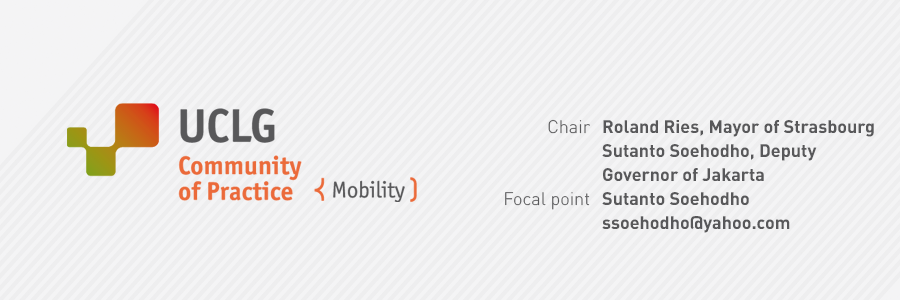
Transport plays a central role in the development of towns and cities; the challenges associated with it, as well as rapid technological advances, put the issue of mobility at a crossroads in this day and age. Regional contrasts according to the economic situation, history and the urban morphology of the territories are very important. However, in general, transport systems are not focused enough on the basic right of every citizen to affordable, varied and sustainable access to transport in a "smart" and compact urban environment that is less dependent on the use of private vehicles.
This has resulted in an exponential growth of personal cars (according to the World Bank, the number of individual vehicles in circulation could double by 2035 to 1.4 billion units), related to a significant increase in pollution (without intervention emissions from transport could reach 1.2 Gt of CO2 by 2050) and significant economic and competitiveness losses. Similarly, deaths due to road accidents continue to increase (annually, 1.2 million people are killed in road accidents). All of these factors are correlated with levels of development and social inclusion, as well as the capacity of urban areas to implement effective long-term strategic plans.
Urban transport is therefore both a vital issue for the sustainable development of cities and a key element in the fight against climate change.
UCLG, through its "Community of Practice on Mobility”, can contribute to linking the main global agendas (NUA, 2030 Agenda, Paris Agreement) by strengthening decentralized cooperation around mobility to disseminate best practices, anticipate the technological leaps in progress in this area towards greater equity and fluidity, support peer learning, and build the capacities of local institutional decision-makers (planning, lobbying before national authorities, access to funding, including via public-private partnerships or public service contracts).
UCLG aims to build an effective platform to strengthen global advocacy for sustainable mobility and to promote the key factors for medium- and long-term improvement, for the benefit of its members.










